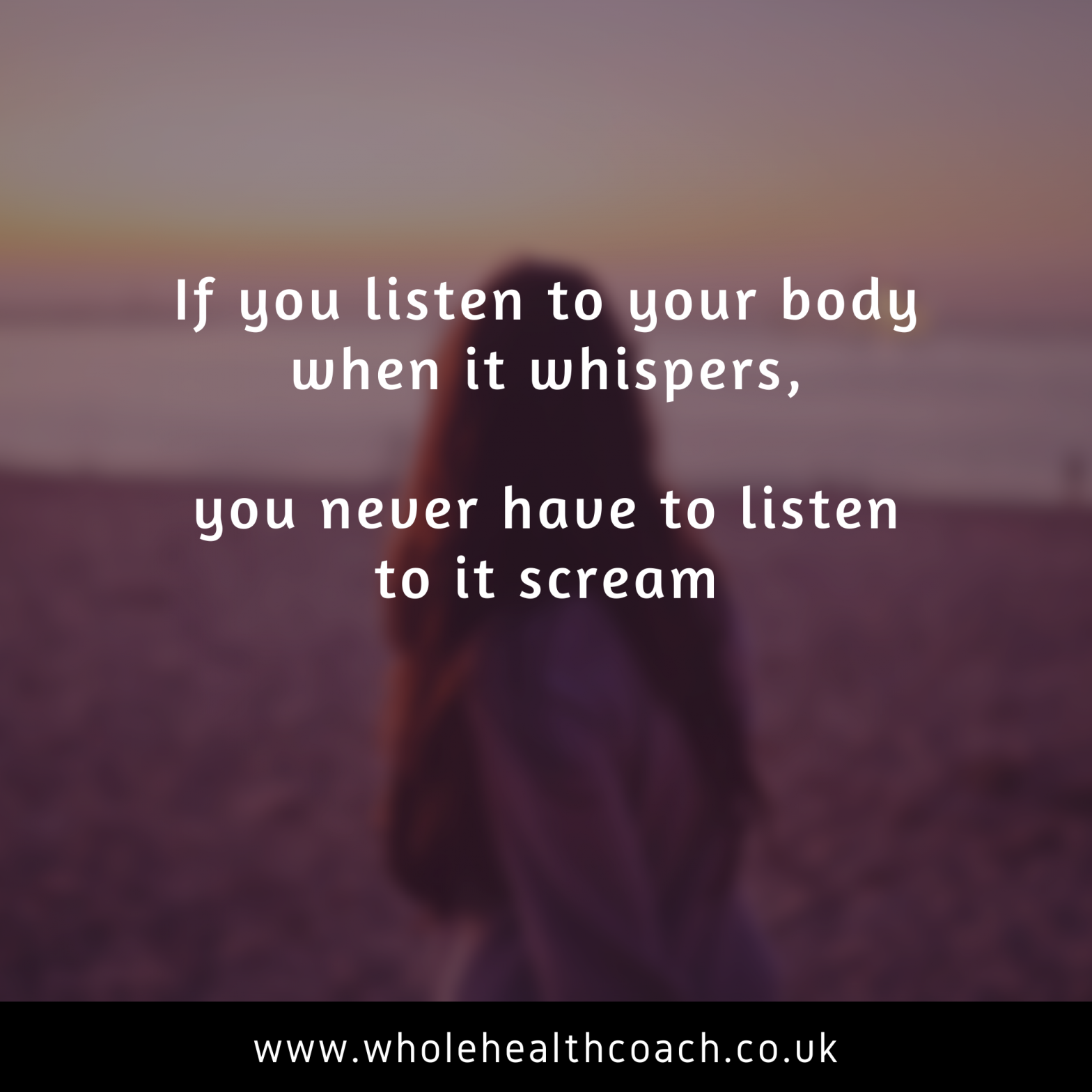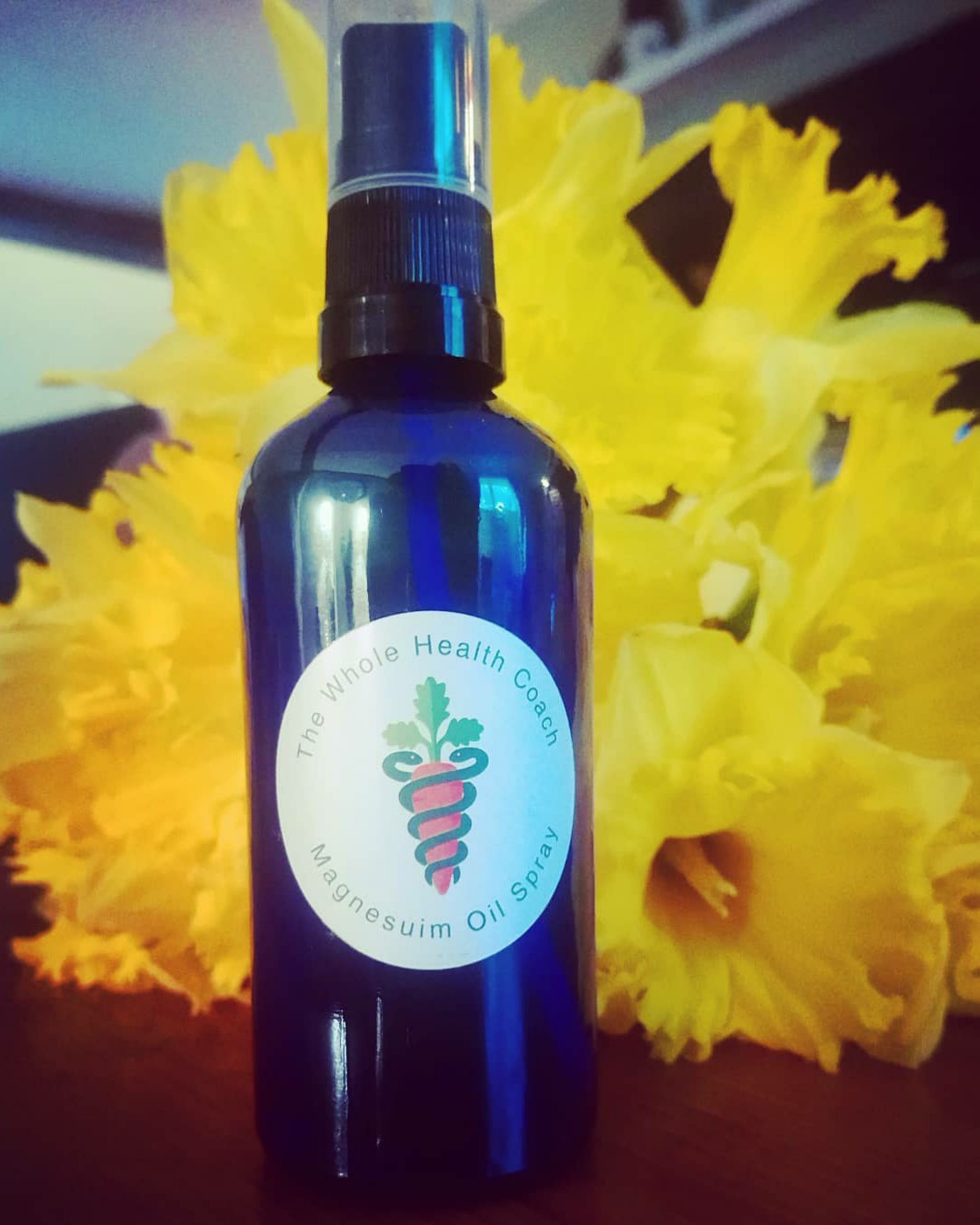Cortisol – Good or bad?

In the last blog we touched on the role of cortisol. This important hormone is kept in balance by the “HPA axis” – this is the relationship between the hypothalamus, the pituitary and the adrenal glands. The hypothalamus is a very small section of the brain, right at the centre. This gland is vital in controlling all kinds of balance in the body – including hormone balances. It sits right next to the pituitary gland and tells it what to do. The pituitary in turn tells the adrenals what to do, by releasing the relevant hormone into the bloodstream. The hypothalamus is considered the link between our nervous systems and our endocrine (hormone) systems.
When all this works as it should, and we respond to stress in a normal way, cortisol is released in response to stress. Afterwards, it is brought back into balance. It also plays a crucial role in the management of metabolism, sleeping and waking cycles, blood pressure and much more.
However, in today’s society, it is “normal” to live under constant low level stress conditions. For example, many people have concerns about money, or they worry about their children’s future, they might be unhappy in their job or relationship. All these things are seen as normal life, but they are, in fact, stressors, and thinking about them tell our hypothalamus that we are stressed. This means it will tell the adrenals (via the pituitary) that we are stressed and need cortisol.
So you can see how easy it might be to get into a situation where a constant stream of cortisol is released into our blood. Whilst controlled cortisol has a purpose which is beneficial to us, once it is constant, it becomes very negative. The effects of a constant stream of cortisol can include:
Anxiety and/or depression – normally these go hand in hand.
Disrupted sleep – light sleeping, woken by any noise, and/or inability to go back to sleep.
Brain fog.
Infertility.
Weight gain.
And in the long run – even heart disease.
Many people seek help with these symptoms, and unfortunately Adrenal issues are very poorly acknowledged in mainstream medicine, so the most common advice is to “get fit”. Women then often feel guilted in to running or classes and push themselves, because they’ve been told it is their fault for not being fit enough. This is the worst advice for 2 reasons. Firstly, it increases stress and deepens the problem. Secondly, this kind of exercise is actually counter productive and will tired out the body even faster.
In my opinion, the first thing women at this stage should be told is:
“This is not a condition of lazy people. We can work towards more energy together.”
If help isn’t found, years of this constant cortisol production, will result in your adrenals becoming exhausted, and they won’t respond as they should. This often means that you don’t get enough cortisol, which means you’re tired all the time, you might lose weight, experience muscle weakness and heart palpitations. It also means that when you do experience stress, your adrenal glands respond inappropriately and people often experience out-of-character bouts rage.
After this point, there is actually a risk of death, so it really is a serious issue that we must pay attention to when our body tries to tell us.

What can I do about it?
All of these are reasons why practitioners often recommend stress reducing practices like yoga, meditation, mindfulness, gratefulness and activities such as walking in nature. All these things help to calm the stress response and reduce the actions of the HPA axis, bringing us back towards a state without cortisol or adrenaline. It is important to keep up these practices so that they become routine or habit.
I remember once being told that everyone should meditate for an hour a day – except those who are too busy to – they should meditate for 2 hours 🙂
However we are all individuals and each of us find our “calm” in a different way or a different place. For some, meditation is too much to consider, and too time consuming. In which case mindfulness can help as you can do it whilst you do every day tasks, like brushing your teeth or making a cup of tea.
This is where a Health Coach can really help, as they can fit things around your life that work with you.
If you are suffering with stress, see if you can incorporate a 3 minute mindfulness into your day today – or even longer!
Something like this is great, and will surprise you how much it can help: https://www.youtube.com/watch?v=SEfs5TJZ6Nk



